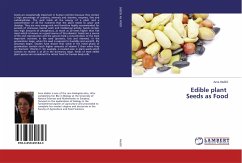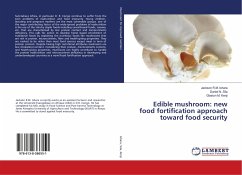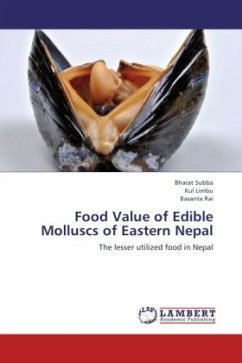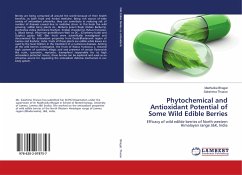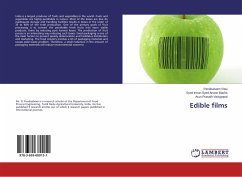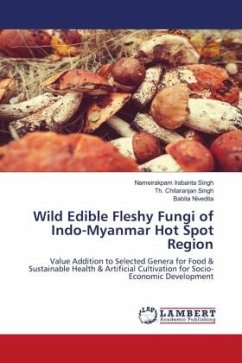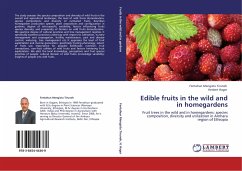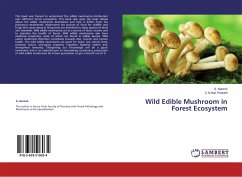Seeds are exceptionally important in human nutrition because they contain a high percentage of proteins, minerals and vitamins, enzymes, fats and carbohydrates. The seed holds all the energy of a plant and a concentration of all the nutrients that the plant needs to grow and develop. They are very energy-rich and therefore highly recommended for periods of strenuous mental work and intellectual activity. Seeds contain very high amounts of phosphorus, as much as 20 times higher than fish meat which is known as a good source of this element. Seeds are a source of life and reproduction and the sprouts hold a concentration of the most important nutrients in the seed (proteins, fats and vitamins). In the germination stage, when the seed is exposed to humidity and warmth, life processes begin. Studies have shown that seeds in the initial phase of germination contain much higher amounts of vitamin C than when they are dormant. Vitamin C, for example, is created even in plant seeds whichcontain no vitamin C at all in the dormancy stage. Seeds of most edible plant species are considered the richest food for human body cells.
Bitte wählen Sie Ihr Anliegen aus.
Rechnungen
Retourenschein anfordern
Bestellstatus
Storno

